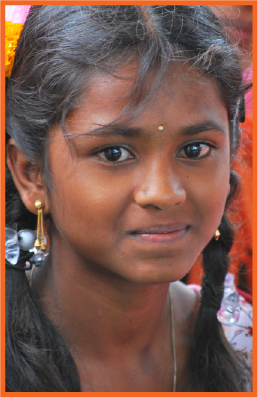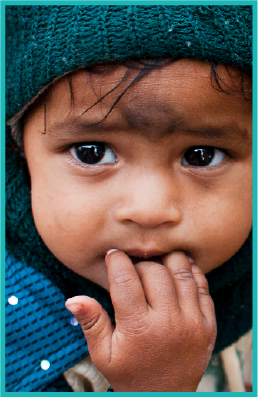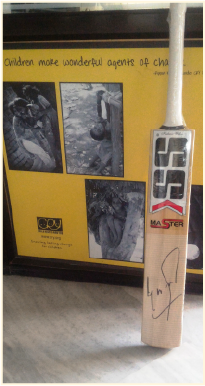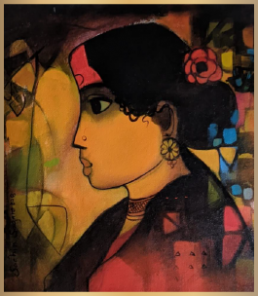Overcoming Transportation Challenges: Ensuring Access to Education for Rural Children
The lack of public transport and unsuitable bus timings in many routes in the PORD operational area were causing difficulties for 323 school-going children. The issue was particularly concerning because it made the children vulnerable to dropping out of school, and falling prey to child labor or even being forced into child marriage. Some children were already walking miles or availing private share autos to reach school, which was a concern of safety for their parents.
To ensure continued access to education for children from the villages facing challenges due to public transport, the PORD team initiated discussions in child collectives and community based organisations (CBOs) to raise awareness about the urgency of the situation. The CBO members and parents came forward citing the issue, the bus routes, and the number of children affected.
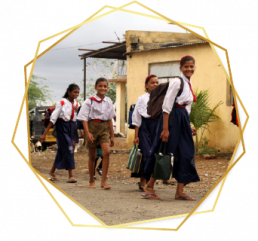
As a result of their advocacy efforts, the Andhra Pradesh State Road Transport Corporation (APRTC) allocated new bus facilities in two of the routes. The buses were scheduled to operate during school timings, benefitting a total of 115 children in the PORD operational area. The new services not only enable children to attend school regularly but also allow them to explore the possibility of returning home and attending school as a day scholar.
There are many areas in Chittoor, Andhra Pradesh that are rural. The sub-districts have no government hospitals. 66% villages do not have access to primary schools, children have to travel 1 to 5 kms to reach school. The hamlets do not have adequate roads, public transport and safe drinking water.
CRY America project PORD started activities such as monitoring Anganwadi centers while ensuring re-enrolment of dropout children. Awareness programs and life skill sessions were conducted as part of children’s collectives. Through PORD’s work, thousands of children are actively engaged in children’s collectives to change the course of their own lives as well as those of their peers.
608
children enrolled in pre school
67
child laborers mainstreamed into school
61
drop out children re-enrolled in school

38
child marriages were averted / stopped
83
Anganwadi teachers trained in Early Childhood Care and Education (ECCE)
934
Community Based Organisations members oriented on the importance of ECCE programme
1360
adolescent girls covered under life skills sessions
419
children transitioned from 10
th to 11th grade
147
Children and Adolescent Girl’s collective meetings conducted

● Conducting Base Line Survey in 11 new slums in Madhanapalle urban.
● Formation of Child Collectives, Adolescent Collectives in 11 new slums.
● Mainstream 50 drop outs.
● Prevent/avert 40 child marriages.
● Implement year 2 life skills module.
● Implement Parent’s module
● Sensitization of CBOs and VCPCs in 41 villages.
2023 Grant Disbursed $41,843










